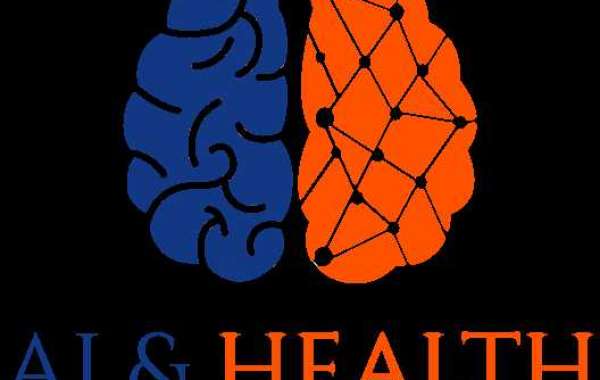Artificial Intelligence (AI) has emerged as a revolutionary force across various industries, and its impact on the field of health is nothing short of transformative. From diagnostics and treatment to personalized care and administrative efficiency, AI is revolutionizing healthcare delivery in unprecedented ways. This article explores the diverse applications of AI in the realm of health, highlighting its potential to enhance patient outcomes, streamline processes, and shape the future of medical practice.
Diagnostics and Medical Imaging:
AI-driven diagnostics are redefining the accuracy and speed of disease detection. Machine learning algorithms are trained to analyze medical images, such as X-rays, MRIs, and CT scans, to identify abnormalities and potential health risks. AI-powered software can flag potential issues, assisting healthcare professionals in making more informed decisions and expediting the diagnosis process. This not only enhances the accuracy of diagnostics but also allows for earlier interventions, ultimately improving patient outcomes.
Predictive Analytics:
AI algorithms are adept at analyzing large volumes of patient data to identify patterns and predict potential health outcomes. By examining patient history, genetic information, lifestyle factors, and environmental influences, AI can forecast disease risks and provide insights into preventive measures. Predictive analytics empower healthcare providers to intervene proactively and tailor personalized treatment plans to mitigate risks and optimize patient well-being.
Drug Discovery and Development:
The drug discovery process is resource-intensive and time-consuming. AI accelerates this process by rapidly analyzing vast datasets to identify potential drug candidates and predict their efficacy. Machine learning models can simulate molecular interactions, predict drug side effects, and optimize drug compounds, significantly reducing the time and cost associated with bringing new medications to market.
Personalized Treatment:
AI-driven algorithms enable healthcare professionals to customize treatment plans based on individual patient characteristics. By analyzing genetic information, medical history, and real-time patient data, AI assists in selecting the most effective treatments and dosages. This personalized approach enhances treatment outcomes, minimizes adverse effects, and improves patient satisfaction.
Virtual Health Assistants:
Virtual health assistants powered by AI offer a bridge between patients and healthcare providers. These digital companions can provide patients with medical information, remind them to take medications, and even monitor chronic conditions. Virtual assistants enhance patient engagement, encourage adherence to treatment plans, and offer immediate support, especially for individuals with limited access to healthcare resources.
Administrative Efficiency:
AI streamlines administrative tasks within healthcare facilities, optimizing resource allocation and reducing operational costs. AI-driven systems can manage appointment scheduling, patient registration, and billing processes, freeing up healthcare staff to focus on patient care. Furthermore, AI-powered chatbots handle routine inquiries, enabling faster response times and improving patient satisfaction.
Robotic Surgery:
AI-powered robotic systems are transforming surgical procedures by enhancing precision and control. Surgeons can use robotic tools to perform intricate procedures with greater accuracy and minimal invasiveness. AI-equipped robotic systems provide real-time feedback, enhance visualization, and facilitate complex surgeries, leading to quicker recovery times and improved patient outcomes.
Mental Health Support:
AI has found applications in the field of mental health by providing early detection and support for individuals struggling with mental health issues. Natural language processing algorithms can analyze text and speech patterns to detect signs of depression, anxiety, or other mental health disorders. AI-driven chatbots and virtual therapists offer immediate support and resources to individuals in need, helping to bridge the gap in mental health services.
For More Info:-
Ai Technology In Medical Field
Applications Of Ai In Medicine









